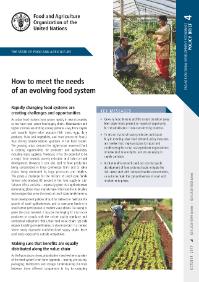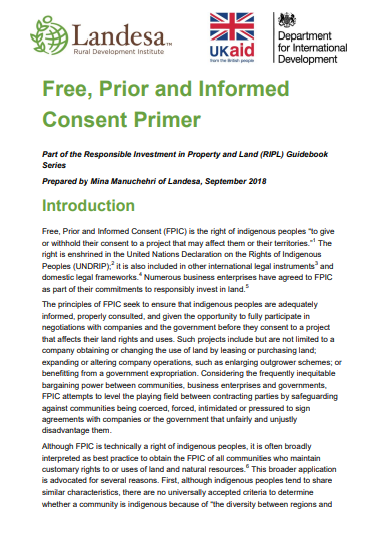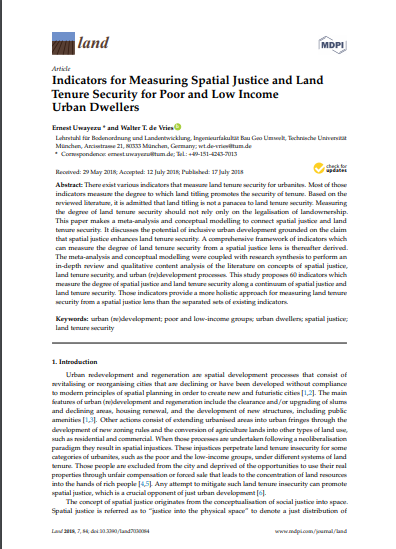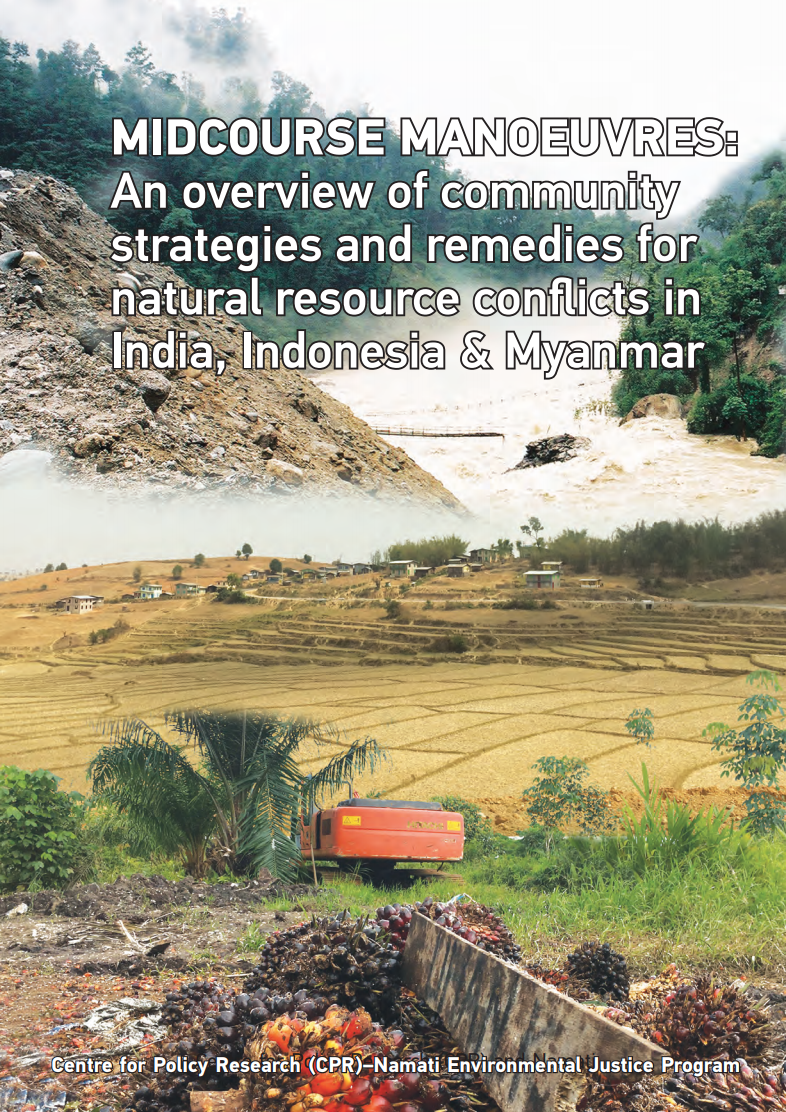Can land taxes foster sustainable development? An assessment of fiscal, distributional and implementation issues
Economists argue that land rent taxation is an ideal form of taxation as it causes no deadweight losses. Nevertheless, pure land rent taxation is rarely applied. This paper revisits the case of land taxation for developing countries. We first provide an up-to-date review on land taxation in development countries, including feasibility and implementation challenges. We then simulate land tax reforms for Rwanda, Peru, Nicaragua and Indonesia, based on household surveys.









